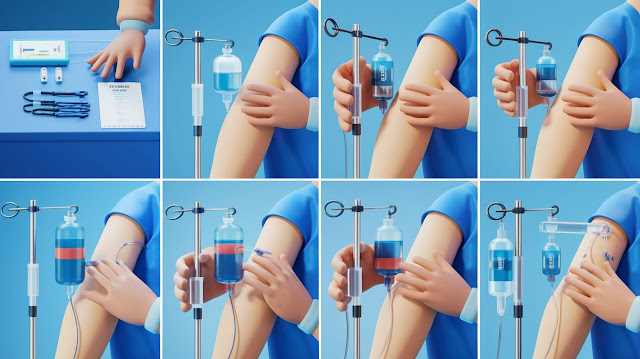Health and Homecare Services: A Comprehensive Guide
I. Introduction to Health and Homecare Services - A. Definition of Health and Homecare Services
- B. Importance of Homecare in Modern Healthcare
- C. Overview of the Homecare Service Landscape
II. Types of Homecare Services
- A. Medical Homecare Services
1. Skilled Nursing Care
2. Physical and Occupational Therapy
3. Medication Management
- B. Non-Medical Homecare Services
1. Personal Care Assistance
2. Companionship Services
3. Household Support and Chores
- C. Specialized Homecare Services
1. Palliative and Hospice Care
2. Dementia and Alzheimer’s Care
3. Post-Surgery Recovery Support
III. Benefits of Homecare Services
- A. Enhanced Quality of Life
1. Comfort of Home Environment
2. Personalized Care Plans
3. Emotional and Social Support
- B. Cost-Effectiveness
1. Comparison with Hospitalization
2. Insurance Coverage and Options
3. Financial Planning for Homecare
- C. Flexibility and Independence
1. Tailored Schedules
2. Maintaining Daily Routines
3. Empowering Patients and Families
IV. Choosing the Right Homecare Provider
- A. Assessing Individual Needs
1. Evaluating Health Conditions
2. Determining Level of Care Required
3. Involving Family in Decision-Making
- B. Researching Homecare Agencies
1. Checking Credentials and Licenses
2. Reading Reviews and Testimonials
3. Interviewing Potential Providers
- C. Understanding Contracts and Agreements
1. Service Agreements and Terms
2. Payment Structures and Insurance
3. Rights and Responsibilities of Caregivers.
V. Challenges and Considerations in Homecare
- A. Managing Caregiver Relationships
1. Communication with Caregivers
2. Setting Boundaries and Expectations
3. Addressing Conflicts and Concerns
- B. Safety and Health Risks
1. Fall Prevention Strategies
2. Medication Safety Practices
3. Emergency Preparedness
- C. Transitioning to Homecare
1. Preparing the Home Environment
2. Involving Family and Friends
3. Adjusting to New Routines
VI. Conclusion
- A. Recap of Key Points
- B. The Future of Homecare Services
- C. Encouragement for Seeking Help
VII. Frequently Asked Questions (FAQs)
- A. What is the difference between medical and non-medical homecare?
- B. How do I know if homecare is the right option for my loved one?
- C. What should I look for in a homecare agency?
- D. How can I afford homecare services?
- E. What are the signs that a homecare provider is not meeting needs?








 September 01, 2024
September 01, 2024













